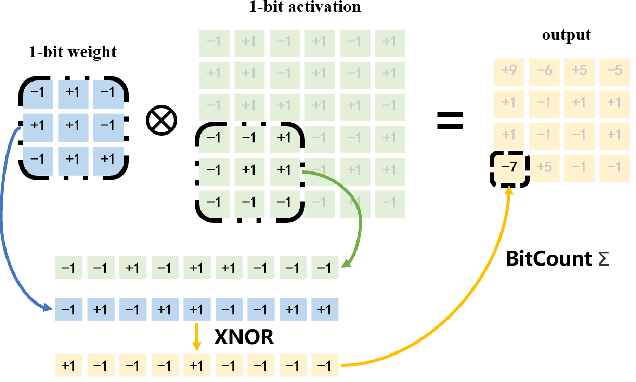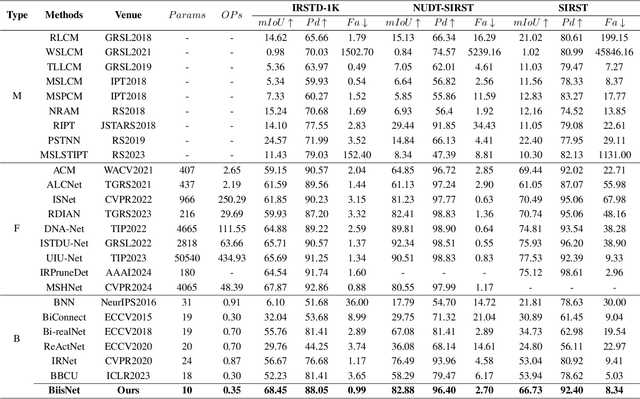Biqiao Xin
Space Object Detection using Multi-frame Temporal Trajectory Completion Method
Oct 22, 2025Abstract:Space objects in Geostationary Earth Orbit (GEO) present significant detection challenges in optical imaging due to weak signals, complex stellar backgrounds, and environmental interference. In this paper, we enhance high-frequency features of GEO targets while suppressing background noise at the single-frame level through wavelet transform. Building on this, we propose a multi-frame temporal trajectory completion scheme centered on the Hungarian algorithm for globally optimal cross-frame matching. To effectively mitigate missing and false detections, a series of key steps including temporal matching and interpolation completion, temporal-consistency-based noise filtering, and progressive trajectory refinement are designed in the post-processing pipeline. Experimental results on the public SpotGEO dataset demonstrate the effectiveness of the proposed method, achieving an F_1 score of 90.14%.
10K is Enough: An Ultra-Lightweight Binarized Network for Infrared Small-Target Detection
Mar 04, 2025



Abstract:The widespread deployment of InfRared Small-Target Detection(IRSTD) algorithms on edge devices necessitates the exploration of model compression techniques. Binary neural networks (BNNs) are distinguished by their exceptional efficiency in model compression. However, the small size of infrared targets introduces stringent precision requirements for the IRSTD task, while the inherent precision loss during binarization presents a significant challenge. To address this, we propose the Binarized Infrared Small-Target Detection Network (BiisNet), which preserves the core operations of binarized convolutions while integrating full-precision features into the network's information flow. Specifically, we propose the Dot-Binary Convolution, which retains fine-grained semantic information in feature maps while still leveraging the binarized convolution operations. In addition, we introduce a smooth and adaptive Dynamic Softsign function, which provides more comprehensive and progressively finer gradient during back-propagation, enhancing model stability and promoting an optimal weight distribution.Experimental results demonstrate that BiisNet not only significantly outperforms other binary architectures but also demonstrates strong competitiveness among state-of-the-art full-precision models.
 Add to Chrome
Add to Chrome Add to Firefox
Add to Firefox Add to Edge
Add to Edge